As it publishes its 16th edition, Electra is celebrating its fourth anniversary. During this time, we and our readers have been on a journey where arrivals are always new departures. It was not by chance that we chose the word ‘journey’ to describe what Electra has become. We think that journey is better than other words to describe the identity of our magazine. Its main purpose has been to take a close look at what we call contemporary and it does so at the mobile intersection of many chronologies, many geographies and even some geologies, probing into the subsoil of what happens and does not happen, what stays and what goes.
In these years since 2018, changes and accelerations have continued to play together in an unpredictable and unstoppable game. But suddenly the Covid-19 pandemic inserted its name in ever-growing capital letters in the writing on the screens where our time is both shown and spoken of.
Suddenly, everything was being done differently, with the exception of the things that remained the same, in obedience to the powers and the sciences that determine the trends, movements, systems, devices, perceptions and practices that make the world what it is.
Among these powers and sciences, it was technology that continued to expand its rule over land, sea and sky and establish its sovereignty over bodies, minds and souls (to use a trilogy that Fernando Pessoa loved so much). Today there is no objective world or subjective self that has not made technology the new nature. Technology has undergone an ontological globalisation. We cannot do anything without it and everything that we do with it transforms everything and everything is transformed into it.
Some people feel that this endless, overwhelming advance has endowed humanity with magnificent, promising pathways, never before imagined or foreseen, and have opened up unprecedented possibilities in life. They feel as if the world has started again from scratch and we have returned to a paradise where the tree of life in the garden is that of numerical and digital knowledge. Instead of being a tempter, the serpent is itself tempted by what it is holding out as a temptation.
In this technological cosmos, nothing is the same any more and, with all the automation and artificial intelligence, we have no idea what is coming next. The world has become a material and immaterial place of a change that changes everything, constantly changing itself in a permanent, vertiginous acceleration. We only have a place in this world if we are able to get the heart of the present to beat in unison with the pulse of the future. This is why the most valued, repeated, indispensable words are: innovate, predict, anticipate, transform, reinvent, recreate, restructure, remake, rethink, refound, restart, reset.
Others, however, believe that in this not very ‘brave new world’, the old, fascinating telepathy techniques have slowly become unnecessary, outdated and replaceable with standardising technologies that generate mechanised and digitalised automation making the commonplace the password of our time. We do not need to try and read someone else’s thoughts because they are the same as ours. And we do not need to create or know our own thoughts because they are the same as everyone else’s.
Although many efforts are made to find, praise and evoke what is ‘different’, unanimism, standardisation and massification are now psychological compulsions, social duties, moral obligations, existential priorities and requirements for success. According to critics, the 19th century prophesies of collectivisation of the means of production have only partially come true. But in the 21st century, we have the collectivisation of means of creation, which have been transformed into means of recreation, re-creation, reproduction, repetition and entertainment.
In contrast with the optimistic apostles of the ‘tomorrows that sing’ of the digital technological revolution, those nostalgic for the ‘yesterdays that sang’ of analogical stability are the pessimistic prophets of the irreversible decline and decadent dehumanisation that they see, from politics to society, from the economy to culture, from education to science. Everything is being attacked and invaded by something they do not even call unique thought, as what that is and represents they cannot and do not want to call thought.
With these apostles and prophets on the banks, Heraclitus’ river is flowing faster and faster. More than at any other time, this is when we must not stop thinking. We need to think without making this desire and the will to fulfil it an aristocratic prevalence, spiritual privilege or intellectual arrogance. But neither must we confuse thought with simplistic, childish and grossly utilitarian and commercial shams that falsify and only serve to mask its absence.
Looking at time from a distance which allows us to really see it, has always been the purpose and editorial plan of Electra. The words and images that make up its content bring us the ideas and ideologies, trends and temptations, sensitivities and visions that shape our world and the time in which it is made and unmade every day.
To think critically, creating hypotheses and arguments, is to try and build, with what we think, intelligible thought that is inseparable from sensitive thought. Thinking with those who think is to go down a path without ever knowing where it leads. As we recalled in our first edition, quoting Michel Foucault, ‘There are moments in life where the question of knowing whether one might think otherwise than one thinks and perceive otherwise than one sees is indispensable if one is to continue to observe or reflect’.
For four years now, Electra has been on a journey that, just like the Odyssey, has expanded knowledge of the world and experience of the crossing with each edition. Our map is drawn by this journey taken with our readers, looking out at horizons where we see signs of the future and the past, of discovery and reconnaissance. It is in these signs that we seek sense, even if this sense does not appear – and the absence of this sense also makes sense and has a meaning.
Analyse, envisage, relate, investigate, interpret, decipher, assess, scrutinise, create – these are all verbs that conjugate ways of active, critical, creative and contemplative thinking. In each issue of the magazine, we address subjects that are so present in our lives that they often become invisible or ‘natural’. In some cases, they do not raise questions. If we are to think about these matters and attempt to identify and question their past and consequences, we often have to change scale and the way we see them. This is why we frequently go from a part to the whole, from near to far, from inside to outside, from the singular to the plural, from the rule to the exception, from the territory to the frontier, from the identical to the different.
Anthropologists keep giving us information to help us understand where we come from, and what happens to us and what we cause to happen. With his knack for synthesising ideas, Claude Lévi-Strauss wrote, ‘Humanity is forever involved in two conflicting currents, the one tending towards unification, and the other towards the maintenance or restoration of diversity’ (Race and History).
The anthropologist Françoise Héritier was the successor of Claude Lévi- Strauss at the Collège de France and Social Anthropology Laboratory. She thought of the identical and the different based on highly revealing and original research and fieldwork.
She said in her book entitled L’identique et le différent:

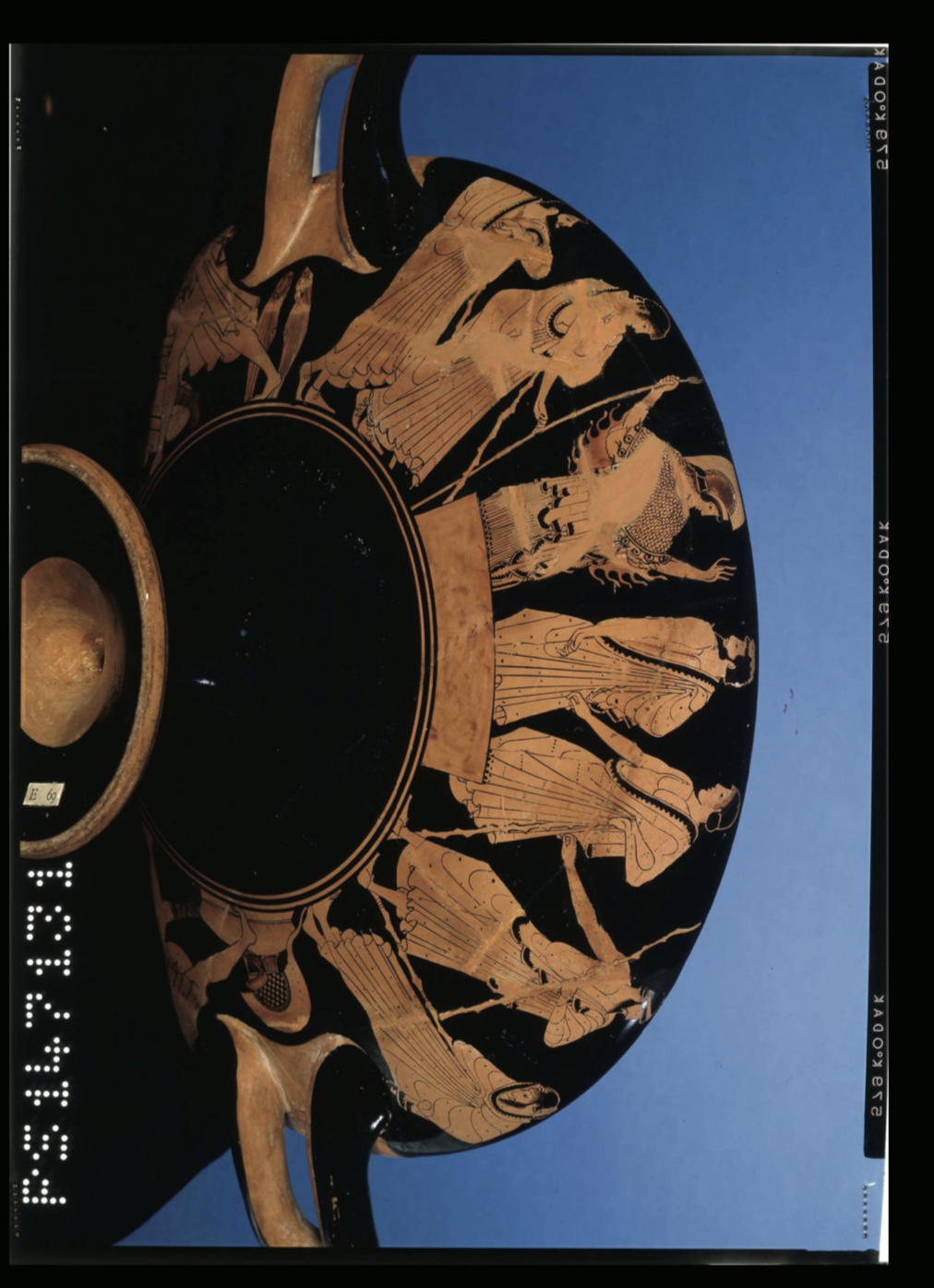
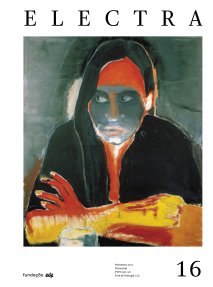
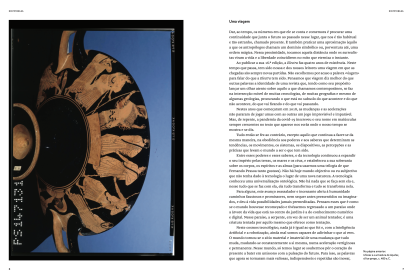
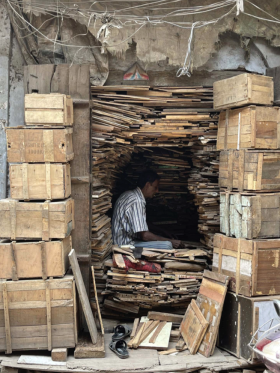
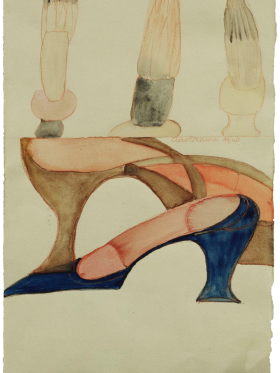

Share article